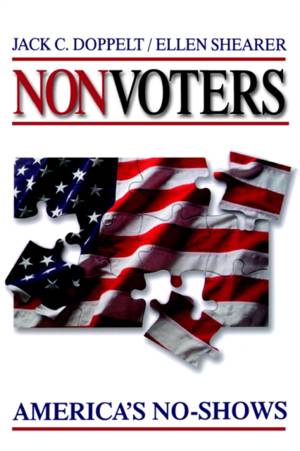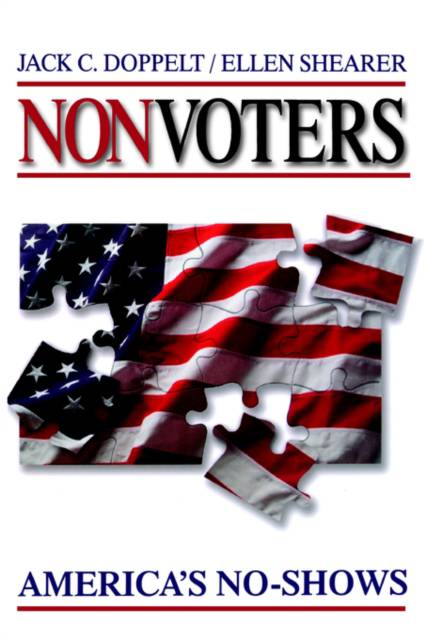
- Retrait gratuit dans votre magasin Club
- 7.000.000 titres dans notre catalogue
- Payer en toute sécurité
- Toujours un magasin près de chez vous
- Retrait gratuit dans votre magasin Club
- 7.000.000 titres dans notre catalogue
- Payer en toute sécurité
- Toujours un magasin près de chez vous
160,45 €
+ 320 points
Description
This book addresses the issue of why 51.2% of the population of the USA failed to vote in the November 1996 presidential election. Through polls and studies conducted in the spring and summer of 1996, the contributors set out to answer the following questions: what were the 51.2 percent doing that day? Who are they? Why didn′t they vote?
The results are summarized into five types of nonvoters: doers, unplugged, irritable, don′t knows and alienated.
Spécifications
Parties prenantes
- Auteur(s) :
- Editeur:
Contenu
- Nombre de pages :
- 264
- Langue:
- Anglais
Caractéristiques
- EAN:
- 9780761919018
- Date de parution :
- 01-09-99
- Format:
- Livre broché
- Format numérique:
- Trade paperback (VS)
- Dimensions :
- 153 mm x 229 mm
- Poids :
- 349 g







